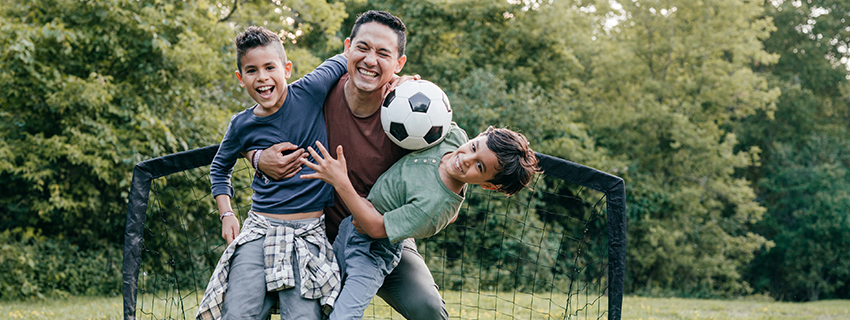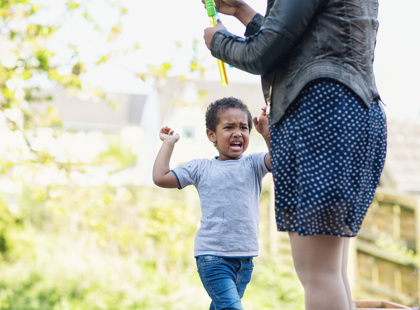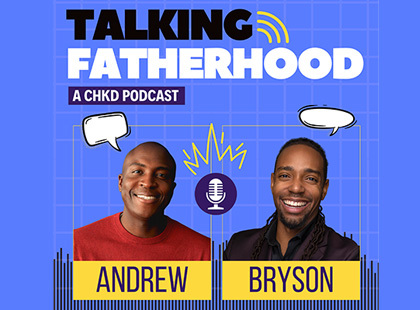
Where did you learn how to be a father? In our jobs or careers, most of us receive formal training to acquire the knowledge and skills necessary to become efficient workers. This may be achieved in a school setting, training program, internship, or with on-the-job learning. What about the other important roles that we hold in our lives? Where do we learn the skills to help us perform proficiently as fathers, partners, or friends?
We learn while growing up and watching how others in our family – our family of origin – performed in that role during our upbringing. As fathers, we are often influenced by our own dads or people who played that role for us in our lives. This is where our “training” begins. We grow up observing behaviors and language, and we have skills, attitudes, and beliefs, either directly or indirectly passed down to us. As we grow up, we create a mental checklist of everything it means to be a man and a father. Even those without active or present fathers in their lives can have their view of fatherhood influenced from mothers or other adult figures.
I believe that it is always important to see how we are influenced by our past experiences, because they often dictate how we behave and interact with others presently. So, what did you learn from your dad about fatherhood? Were you provided a positive or negative image of fathers during your upbringing? There are positive behaviors that you may have picked up from your own father, which you implement in your household today. But also, there might be negative behaviors or attitudes that you could unknowingly be exercising in the home. You may not recognize it until it is pointed out … “You’re behaving just like your father!” Or, you have an experience that causes you to recall the negative behavior from your past. Knowing how you are influenced can help you make adjustments, if needed, in your own role as a father.
Exploring messages received from your upbringing also challenges you to take a look at how you might be influencing your own children’s view of fatherhood. It is important to recognize that you’re sending them direct and indirect messages about what they need to do as fathers or what to expect from their partner who assumes the father role. I encourage you to spend some time exploring the lessons learned from your family of origin about fatherhood.







